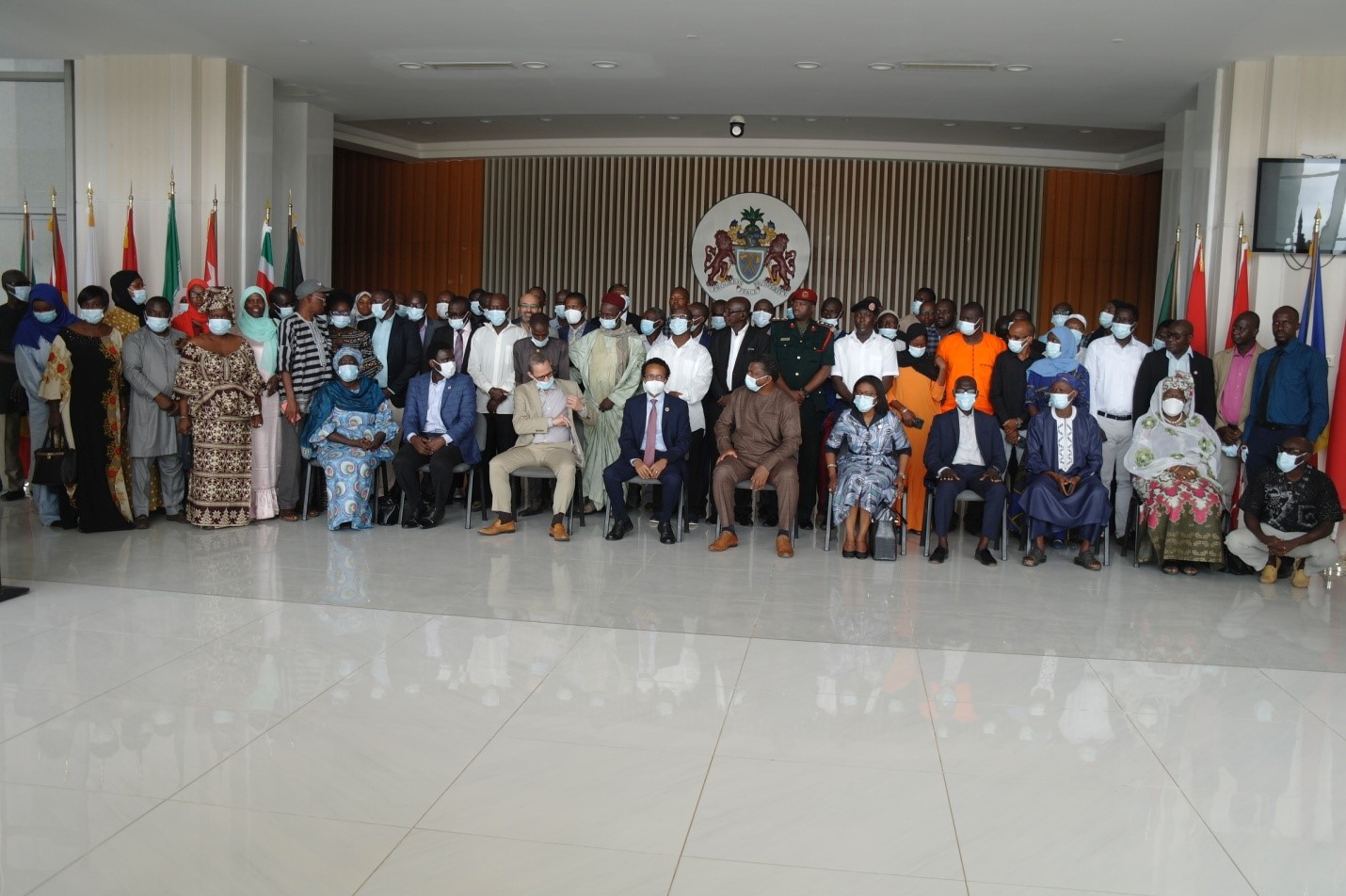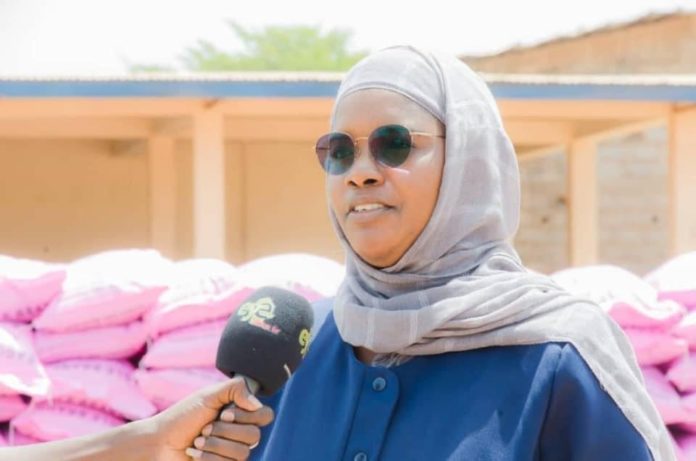By Yunus S Saliu
Dr Amadou Lamin Samateh, Monday, 25th July, presided over the opening of this year’s Joint Annual Review (JAR) health forum.
The four days forum which will end on Thursday is currently held at the Sir Dawda Kairaba Jawara International Conference Centre, Bijilo.
JAR is meant to review the performance of the past year in implementing the annual operation plan resource achieved and corrective measures to improve performance.
Presiding over the opening, Dr Amadou Lamin Samateh, Honourable Minister of Health expressed delight in participating in the forum which he described as an important meeting that marked the third edition of the joint annual health sector review under the theme – Building partnership for effective coordination and evidence base performance to achieve universal health coverage.
He said the annual review become a key component of the reform agenda proposed by the UHC 2030 – International Health Partnership Compact and fortunately in The Gambia health annual sector review has been on since 2017 “serving as improving coordination. And over the years it has evolved to become a tool for accountability and transparency for both government and development partners to ensure efficient and cost-effective use of resources to maximize the benefit for the people of our beloved country.”
The overall aim of conducting the JAR, he noted, is to assess performance, improve implementation, and informed policy.
Among other objectives of the JAR 2021, he stated, is to improve accountability between the government, partners, and all relevant stakeholders; identify bottlenecks hindering quality service delivery; enhance the use of HIS for evidence-based decision making.
Equally, he added, to use the JAR finding in sector policy dialogue and consequently in the realignment of plans and policies to attain universal coverage by the year 2030.
Minister Samateh expressed that the recommendations emanating from this review will guide the development of the next annual plan in equity, resulting in the distribution of equity in the utilization of services and also financial protection to move the health sector toward the attainment of the universal health coverage and achieving this strategic objective set out in the national health services strategic plan 2021 to 2025.
He, therefore, highlighted the importance of health financing, challenges, and achievement of the sector among other things while he urged members of the health sector and other stakeholders to be focused.
Dr Desta Tiruneh, WHO Rep in The Gambia applauded the Ministry for inviting them to participate in the Joint Annual Review of the health sector meeting. In an extension, he thanked the stakeholders for their participation which he said signified their commitment to the health sector and The Gambia people.
He congratulated the Ministry of Health for making the meeting possible while noting that The Gambia like most of the countries in the world has gone through a challenging time in 2021 and even before that.
However, the JAR meeting is a forum that brings partners and government counterparts together to identify whether the plan and strategy put in place are progressing and working well, he noted.
He emphasized that JAR will never replace the importance of continuous monitoring of the progress of the sector.
Dr Tiruneh paid tribute to heroes who had lost their lives fighting COVID-19 this included all frontline workers, medical personnel; volunteers, and others, while he used the occasion to dilate on achievements made so far in the sector.
Director of Health Services, Dr Mustapha Bittaye said the event is important in the life circle of programs and activities done at the Ministry of Health because it helps them to take stock of what they can do and how well they did it as well as point out where they need to improve.
Mohammed Lamin Jaiteh, Permanent Secretary at the Ministry of Health said the JAR meeting is a significant occasion and highly cherished which does not only allow the MOH to take stock of its activities over the past periods but also serves as a period during which the Ministry interact directly with all its wider stakeholders. This included the valued partners, health development professionals, civil society actors, NGOs, members of the health beneficiary group, communities the local government authorities, and sister government institutions among others.




